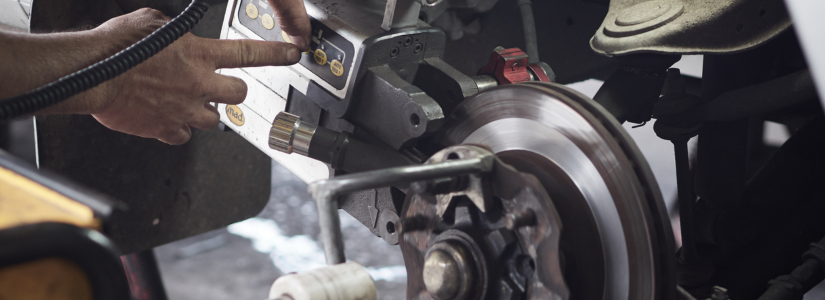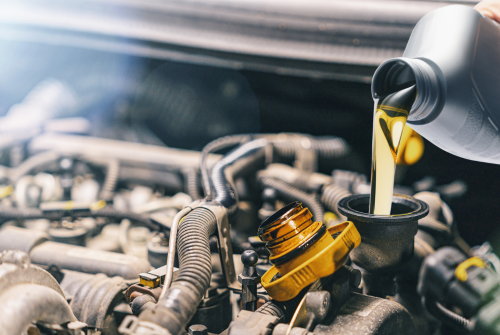Service Detail
Engine Diagnostics
Lube, Oil and Filters
Air Conditioning Evac
Anti-Lock Brake Service
Computer Diagnostics
Get a quote
Brake Repair & Service
Your brakes are the most important safety mechanism on your car, helping you control your vehicle and avoid collisions on a daily basis. That means it’s critical for drivers to understand when to change brake fluid and take other preventative steps to keep brakes in good working condition. If you’ve got questions about your brake system, we’ve got answers to common questions below, including how often to change brake fluid, what bleeding brakes means, symptoms of disc brake issues, and more.

Service Overview
Does brake fluid need to be changed? The answer is yes! Over time, brake fluid starts to lose its corrosion protection properties. And since many brake components contain copper, this can prove quite dangerous for your brake system. When moisture seeps into a system with bad brake fluid, corrosion to these copper components becomes more likely. In effect, you may experience reduced brake performance, premature wear, and potential damage to the entire system.
The technicians at Brian’s Auto Service can test the copper levels in your brake fluid to determine if it is no longer protecting the system from corrosion. When the copper content levels in your brake fluid are 200 PPM (parts per million) or more, industry standards (AMRA) suggest a brake fluid exchange.

SIGNS OF BRAKE ISSUES
Although we recommend checking your brakes at least once a year, the following symptoms may indicate that you should have your brakes inspected immediately:
- Grinding, squeaking, or squealing brakes
- Brake pedal feels soft or spongy
- Shaking steering wheel during braking
- Brake pedal pulsating when you brake at highway speeds
- Car pulls to one side while braking
- Anti-Lock Brake System (ABS) or BRAKE warning lights illuminated
If you are experiencing any of the above, bring your car in for a brake check.
